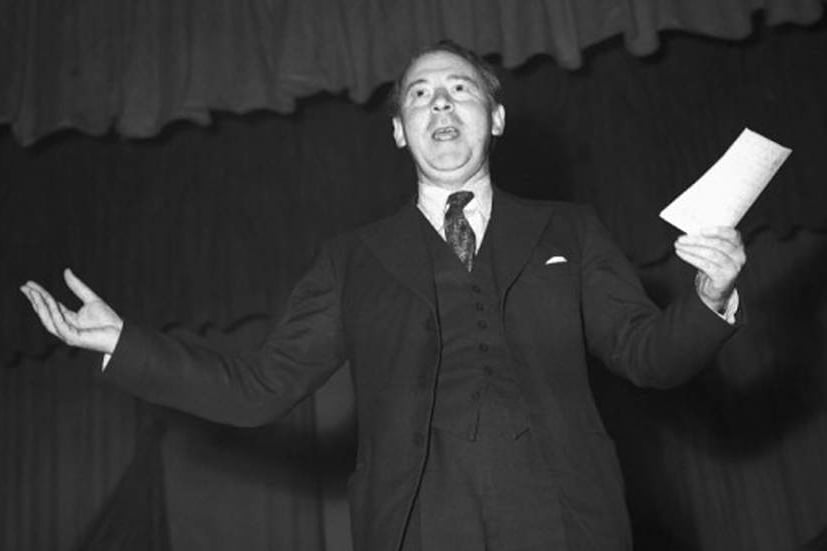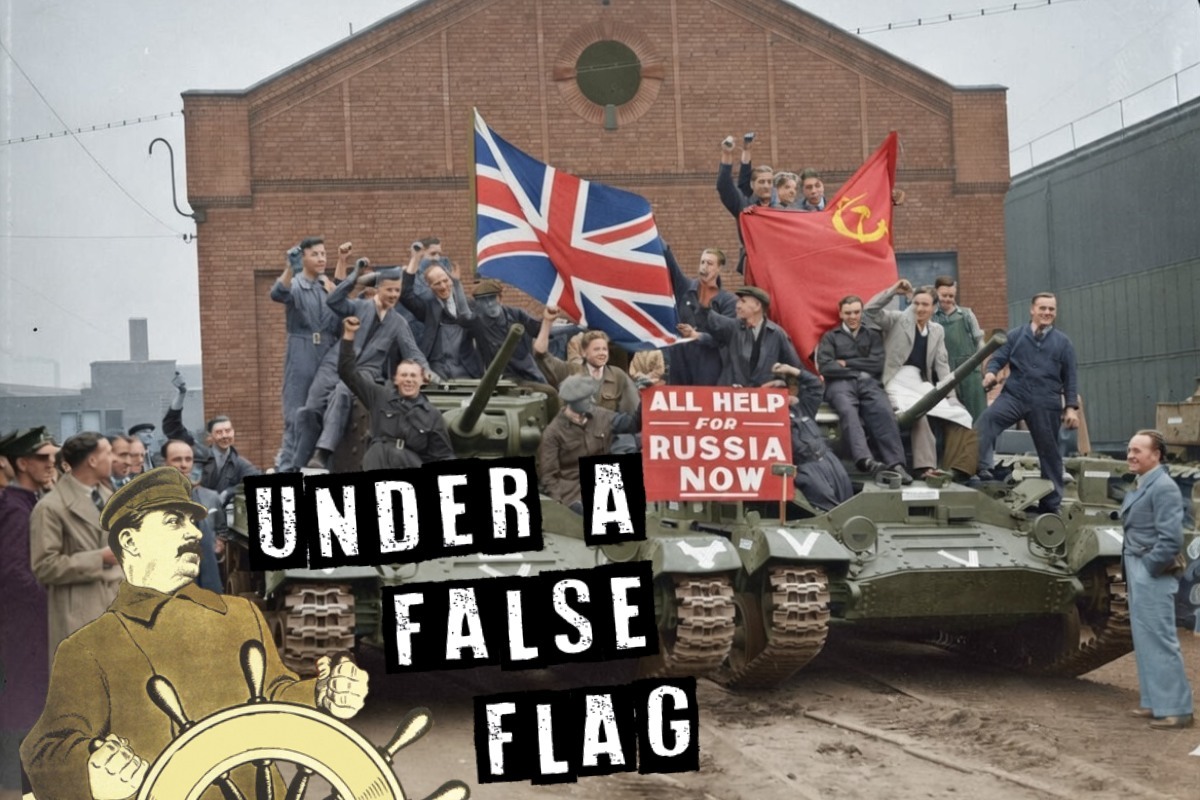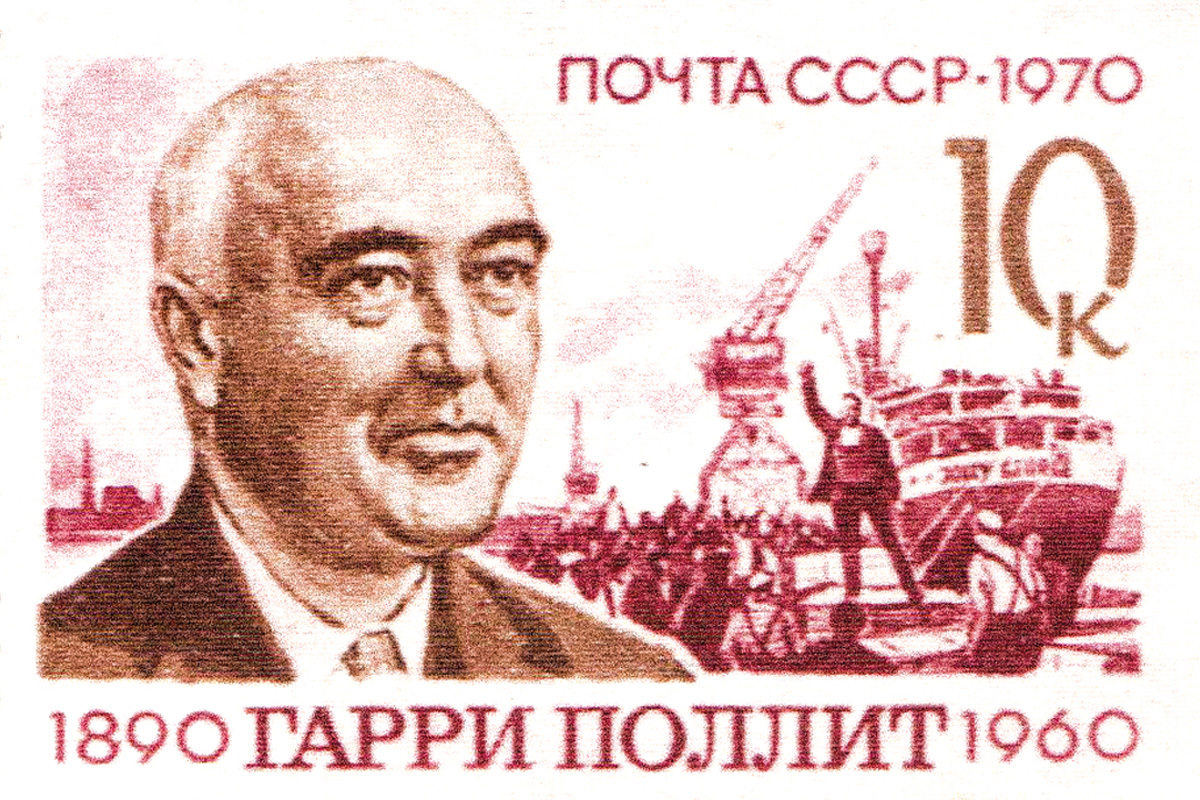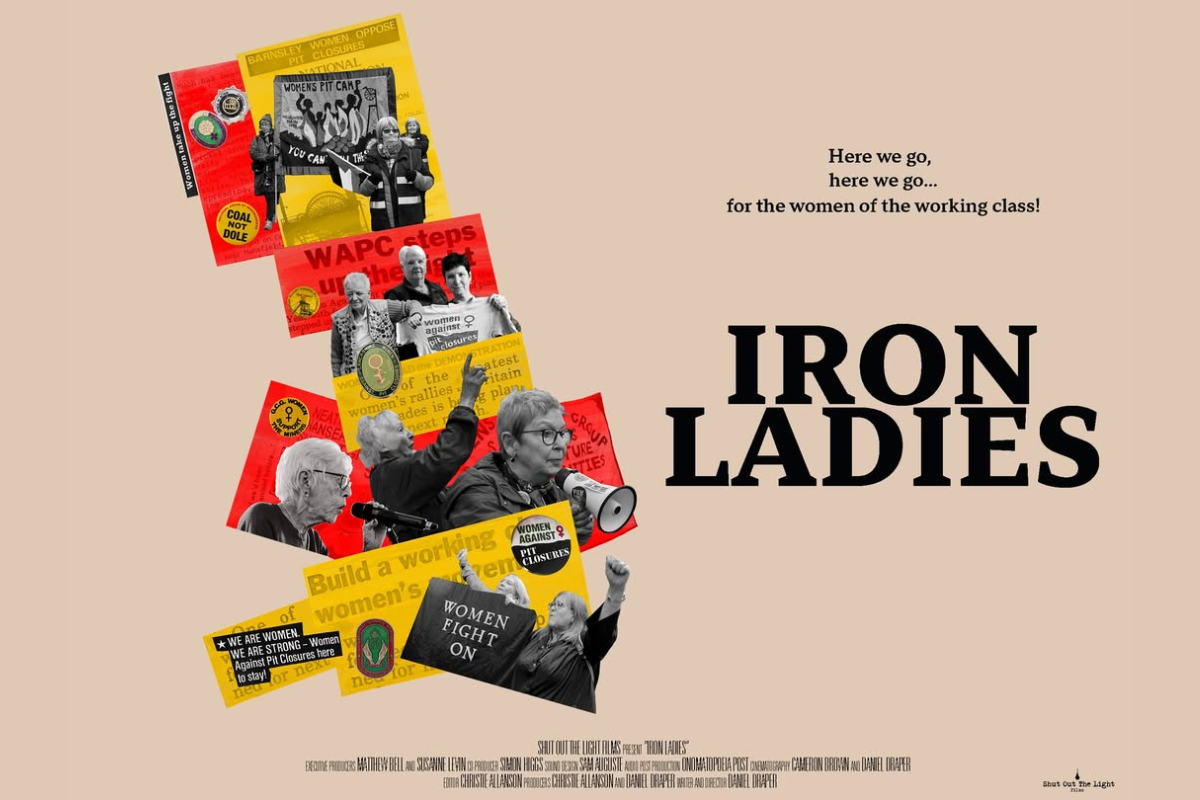Tony Blair ultimately successful attempt to remove Labour’s socialist Clause IV from the party’s constitution (for now) was not the first time that a Labour leader had tried to do this.
Although right-wing MPs and party officials had been opposed to Clause IV for decades, since its inception in 1918, it was not until 1959 that a Labour leader would first make a serious attempt to remove it.
The 1959 Labour conference took place in the wake of what had been a third successive defeat for the party at a general election. Basing himself on the long post-war boom, Tory prime minister Harold MacMillan had boasted that the British people had “never had it so good.”
Class collaboration
Labour, under the right-wing leadership of Hugh Gaitskell, had presented only minor reforms at best in response to MacMillan. These failed to provide a serious challenge the Tories, who at the time were also able (if not willing) to grant reforms.
Labour’s programme reflected the ‘consensus’ politics that Gaitskell had always been noted for. During his time as chancellor in the Attlee Labour government, his views had been seen as being so close to that of his Tory counterpart, “Rab” Butler, that the press even coined the phrase “Butskellism” to describe this form of class collaborationism that marked the 1950s.
In his leader’s speech to the Labour conference that autumn, Gaitskell decided to use a post mortem of the election defeat to challenge Clause IV and the socialist aims that it represented.
“All middle class now”
 Gaitskell started by blaming the defeat firmly on the issue of nationalisation. Arguing that people had become hostile to this, he went on:
Gaitskell started by blaming the defeat firmly on the issue of nationalisation. Arguing that people had become hostile to this, he went on:
“What has caused this adverse trend? It is, I believe, a significant change in the economic and social background of politics. First, there is the changing character of the labour force…the typical worker of the future is more likely to be a skilled man in a white overall, watching dials in a bright new modern factory…”
In other words, as would be asserted by the right wing in the debate that followed – and as they would continue to assert in the decades to follow, right up to the present day – the working class was turning into the middle class.
Exactly who was supposed to build and maintain this new modern factory, or supply the heating and light, or bring and take away what was being produced in his working-class free Britain, was never explained by Gaitskell.
In reality, the promised ‘modern’ workplace has turned into a hell hole of poor conditions, low pay, zero-hour contracts and all the other features that mark Tory Britain in 2018.
Boom-and-bust
 Having rhetorically abolished the working class, Gaitskell then turned to the economy.
Having rhetorically abolished the working class, Gaitskell then turned to the economy.
“The second great change is the absence of serious unemployment or even the fear of it…is this not only a temporary phenomenon? Is not another slump just around the corner?…l can only say that in my opinion capitalism has significantly changed, largely as a result of our own efforts…In my opinion it’s most unlikely that we shall ever again suffer from the great booms and slumps of the pre-war period…”
Of course this reads as pretty ridiculous now, especially following the slumps of the 1970s and ‘80s and the 2008 crash. However, the long post-war boom meant that by the late 1950s, illusions in ‘welfare capitalism’ had become mainstream across the board politically. Many, even on the left, believed that capitalist crisis and class struggle were now a thing of the past. Some even thought that the idea of class itself might disappear in this brave new world.
Only the Marxists stood up against this, explaining that a boom of this length was an exceptional and temporary phenomenon, born out of the conditions created by the mass destruction of the Second World War.
In fact, capitalism had not changed at all, as we have seen over the past decade – and as will continue to see until this senile system is abolished.
Again it is worth reminding ourselves that similar arguments to those advocated by Gaitskell have been regurgitated by the Labour right (as well as the Tories) over the years since, word for word. The idea of ending boom-and-bust has been a particularly popular fantasy for these people, with Gordon Brown famously promising that New Labour would abolish “the old boom-and-bust” whilst preparing the ground for the 2008 financial crisis.
No Third Way
Gaitskell’s line – and that of the Labour right wing – can be summed up by his conclusion in his speech that: “We have long ago come to accept…at least in some form, a mixed economy.”
It is a position that would be quickly rebuffed at the conference by the delegate from Bury and Radcliffe, who sharply said: “what the heck is a mixed economy? We have a capitalist economy,” before going on to describe the mixed economy idea as “tripe”.
All of this reads as oddly similar to what Tony Blair started spouting about after he became Labour leader – only for the ‘mixed economy’ read the ‘Third Way’.
The original New Labour
Unlike Blair, however, Gaitskell was still wary of both the party rank-and-file and, in particular, the trade unions. So in his speech he went on to raise and then reject various possible ‘reforms’ to the Labour Party. These included merger with the Liberals, changing the party name, and breaking the trade union link.
All three of these options would later be floated again by Blair. He did unofficially change the party name – to New Labour – but miserably (and thankfully) failed with the other two. A planned coalition with the Lib-Dems (today’s version of the Liberal Party) fell apart when Labour won a surprise landslide majority in 1997.
Gaitskell concluded his speech by getting to the point of what he wanted to do: “We have to show…that we are a modern 20th century party looking to the future, not to the past…”
By modern, he meant ‘inviting’ the NEC to get rid of Clause IV, thereby removing any link to socialism and public ownership from the party’s aims.
He told the stunned delegates that rewriting the constitution would make the party more relevant in 1970, “even, if you like, in 1980”. The same promise would later be made by Blair, this time about the 21st century. He was equally wrong. In fact, it is the demand for nationalisation, public ownership and socialism that has become more relevant today for workers and youth.
Bring back Clause IV!
 Whereas Blair was able to rig things to get the abolition of Clause IV through, Gaitskell was quickly stopped in his tracks. This was despite the vocal support of right-wingers like Dick Taverne (who later stood against Labour as an “independent”) and Shirley Williams (who helped form the failed SDP in the 1980s), as well as a host of other careerists.
Whereas Blair was able to rig things to get the abolition of Clause IV through, Gaitskell was quickly stopped in his tracks. This was despite the vocal support of right-wingers like Dick Taverne (who later stood against Labour as an “independent”) and Shirley Williams (who helped form the failed SDP in the 1980s), as well as a host of other careerists.
The unions, in particular, made it clear that this constitutional change was not going to happen, and there was little backing from the CLPs. As a result Gaitskell would, in time, have to concede defeat.
Nearly sixty years after Gaitskell’s aborted attack on socialism, the time has come for Labour to return to the ideas and aims embodied within Clause IV – to stand on a bold socialist programme to change society for the benefit of the many, not the few.






